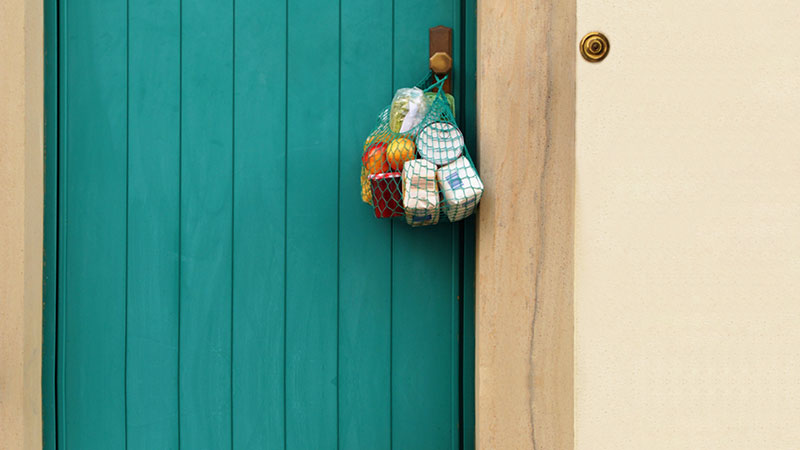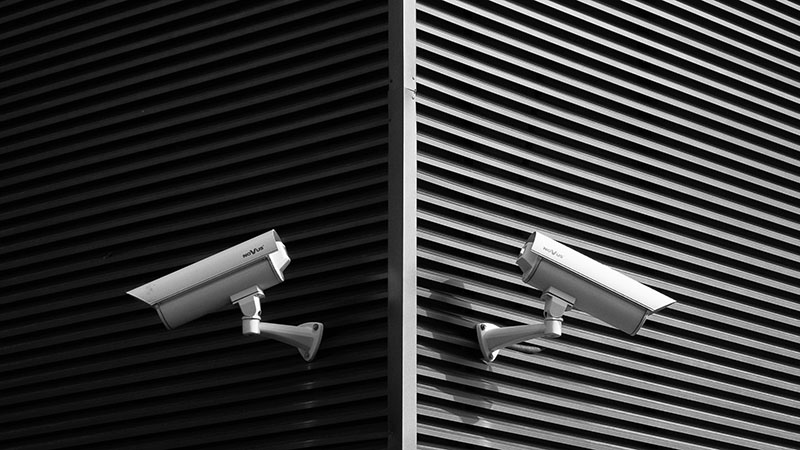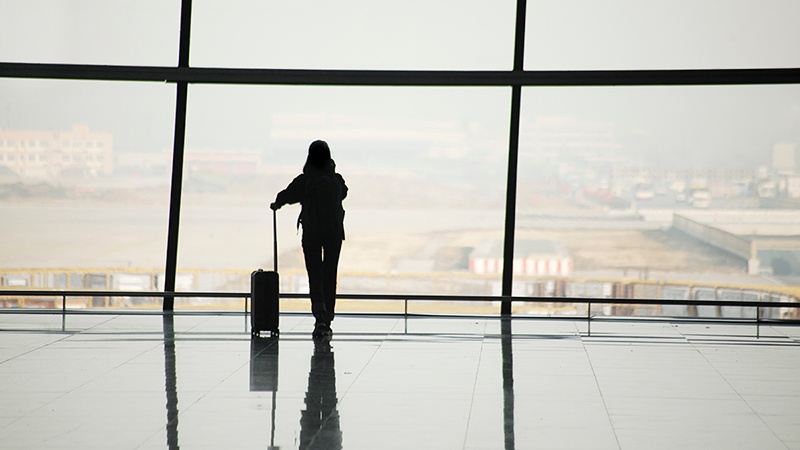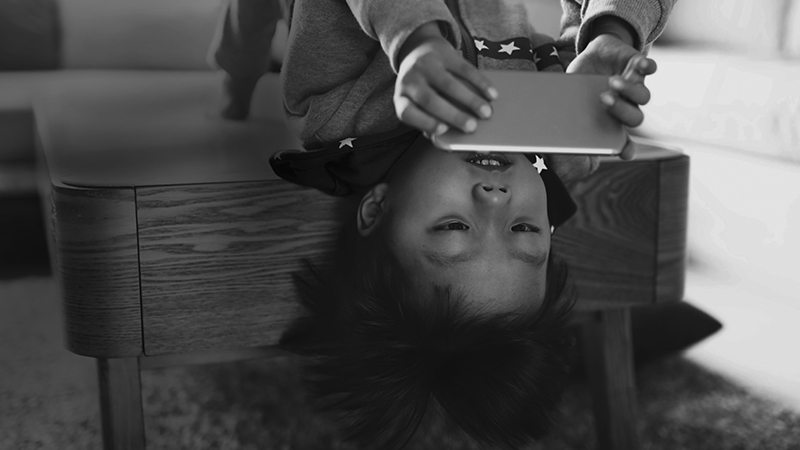The Coronavirus is forcing us to experiment
Experimentation offers huge opportunities for making corporate processes more efficient. An essay by Prof. Björn Bartling
The economic cost of the Coronavirus lockdown is huge. But there are also opportunities associated with it, because we are all being forced to experiment. Many of the “emergency solutions” will turn out to be beneficial.

His research focuses are behavioral economics and experimental economic reseach. Dr. Björn Bartling has been a Professor at the University of Zurich since 2016. © University of Zurich
Human beings are creatures of habit. On the way to work, for example, we follow fixed routines. As if on autopilot, we hop on the tram, bus or subway (perhaps more recently wearing a face mask), but when was the last time we gave any thought to whether we were in fact taking the optimal route? Behavioral economics research shows that many of us should think about that more often.
Break with routines
A team of economists from Oxford and Cambridge Universities and the International Monetary Fund closely analyzed a strike by London Underground workers in 2014: What impact did the strike have on the length of one’s commute after the strike ended?[1] The mayor of London at the time, Boris Johnson, described the strike as “mad and pointless”. However, the surprising finding of the study was that it was not pointless at all. The researchers found that before the strike, about five percent of the travelers on the Underground were taking suboptimal routes. Then, due to the temporary closure of some stations and lines, everyone was forced to experiment with new connections. Many commuters were able to find quicker routes; the overall efficiency of the network was increased.
“Suboptimal habits shape our everyday work in diverse ways.”
In many companies, organizational structures are much more complex than simply finding the fastest connection from Putney Bridge to Camden Town. It is reasonable to assume therefore that suboptimal habits shape our everyday work in even more diverse ways. A forced break with routines, and experimentation with new alternatives, promise to increase the efficiency of many processes, just like in the example of the London tube strike.
New equilibria
Social norms shape business culture in an even more persistent way than unexamined habits. The human penchant for conformity turns norms into stable equilibria. Here as well, the Coronavirus is forcing a rupture. Instead of the usual one-day trip to go see a business partner by plane, now a video conference takes place. Whereas before the Corona era, not appearing in person would have been considered an insult, during the lockdown no justification is required for not showing up physically. And maybe, thanks to this forced experimentation, it will turn out that meeting virtually actually works better than expected. It also saves money and is more environmentally sustainable. Thus a new equilibrium is perhaps being established: namely, that in the post-Corona world, it is the trip that has to be justified.
The latest developments in the home office area have the potential to change our working life sustainably. At Vontobel, we follow this with curiosity and attention. This enables us to identify new investment opportunities at an early stage in order to participate in the working world of tomorrow.
The same applies to the cultural pressure to always be present. In the past, you might have felt anxious, fearing that deviating from the norm of always being present would disadvantage you; now, working from home is the new normal. Just two months ago, imagine an employee who would have proposed that his company should experiment with the idea that for a certain period of time, large parts of the workforce could work from home for a week at a time. At best, this idea would have been met with an uncomprehending shake of the boss’s head. Now it turns out that this often works very well. And moreover, it saves immense resources in time, space in expensive locations, public infrastructure, and energy.
Positive side effects
Behavioral economics posits that knowledge is gained through systematic and controlled experimentation. In the business world, however, this method has not yet prevailed everywhere – even though you don’t need a crisis to put it to the test.
Incidentally, in the case of the London Underground, the researchers found that for the duration of the strike, the long-term time savings made by only some of the commuters outweighed the aggregate time lost by everyone. It remains to be seen whether we will be able to look back on the Coronavirus crisis and draw similar conclusions. But one thing is certain: by making us break with existing habits and norms, and forcing us to experiment, the virus will have some positive side effects. Of all the things that are now being forced upon us, those that are recognized as beneficial will last – with no coercion necessary.
“For example, the number of business trips taken will remain permanently lower.”
Meetings will be held more frequently in a virtual space, allowing discussions – largely freed from non-verbal aspects – to be more focused. For many people, working at home will become part of their normal working week. And companies will become more digital, more efficient, and more sustainable.
Memento mori
And what about consumers? For the past few weeks, the options have been to go without shopping, or shop online. Here too, the massive temporary shift onto the Internet will bring about a permanent shift to the digital variant. But much more suspenseful is whether even more fundamental upheavals will come about, triggered by the experience of the affluent society doing without. Very different scenarios are conceivable.
Reflecting on the essentials, realizing that many things are simply not necessary after all, and experiencing in concrete terms the positive results of reduced economic activity: less noise, cleaner air, more time. This almost cathartic experience can lead to people turning away from material things. Short fashion cycles? A stress factor. That new luxury handbag? If we're being honest: it doesn’t make anyone happy. Status symbols you simply buy? Embarrassing.
However, the opposite is also conceivable. The media-driven confrontation with one's own impermanence may lead some people to conclude: Carpe diem. Save or do without? Why bother, if the next virus could strike us tomorrow? This would result in even more uninhibited consumption and focus on the present.
The scenario that not only companies, but also consumers, will act more sustainably does not seem absurd. But maybe this assessment is just pious wishful thinking.
References to cited literature:
[1] Shaun Larcom, Ferdinand Rauch and Tim Willems: The Benefits of Forced Experimentation: Striking Evidence from the London Underground Network, in: “Quarterly Journal of Economics”, 2017, Vol. 132, pp. 2019–2055.
About the author:
Björn Bartling studied at the Ludwig Maximilians University in Munich and the London School of Economics and Political Science, and has been a full professor in Behavioral and Experimental Economics at the University of Zurich since 2016. His research contributions have been published in leading international economics journals such as the “American Economic Review”, the “Quarterly Journal of Economics”, and “Econometrica”. Professor Bartling is Associate Editor of the “Journal of the European Economic Association” and “Management Science”.
Current topic: Our series on “Life after Corona”
What moves the world, impacts the markets. Discover interesting perspectives that personalities from a wide range of disciplines share with us concerning our post-Corona life. Our investment experts round out the picture with market assessments and macroeconomic analyses.
White paper: “The world upside down” — 6 challenges for investors “after Corona”
Behavioral economics: “Corona is forcing us to experiment”
Economic history: Why it’s worth taking a look into the past – and across cultural divisions
From the feuilleton: “Corona: The demonic dance, in globalized real time”
Who are we? How do we live today? And how will the Coronavirus change our lives? How the future will unfold is preoccupying society more than ever, with engineers, doctors, politicians – each one of us, in fact – seeking answers. This essay “Corona is forcing us to expermient” is one of many contributions that shed light on the theme “Life after Corona” from a new, inspiring perspective. We are publishing them here as part of our series “Impact”.







